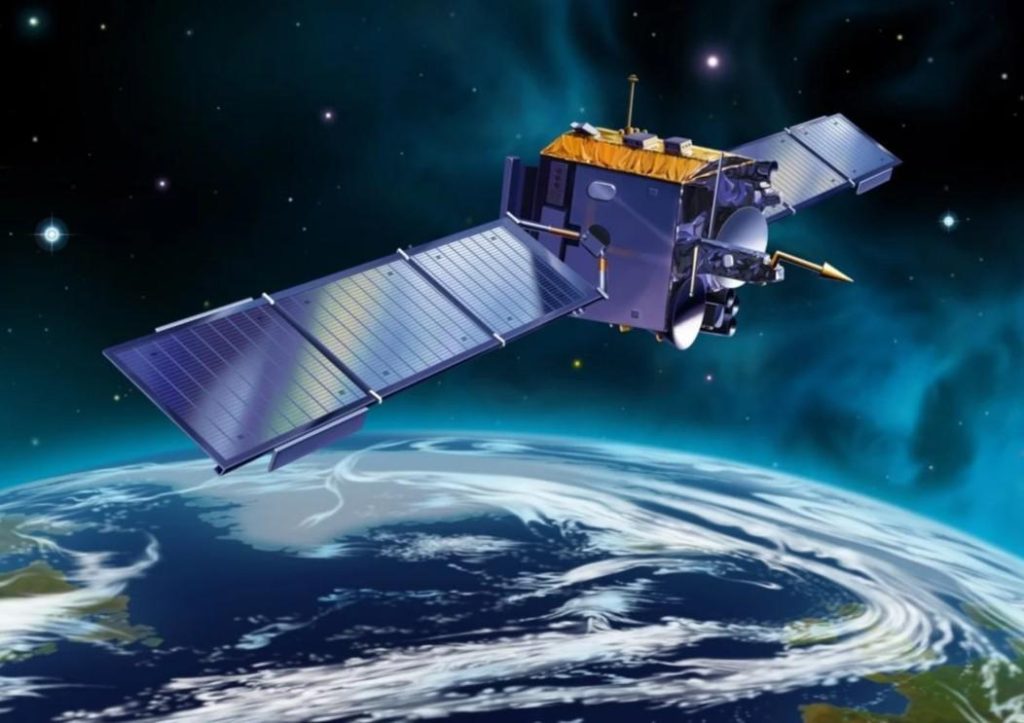
China’s ‘Hack-Proof’ Quantum Satellite Can Be Hacked, Warns Expert
In 2016, China launched the world’s first quantum satellite, Micius, with a lofty goal: to establish “hack-proof” communications between space and ground. The satellite was designed to use quantum entanglement to encrypt messages, making it virtually impossible for hackers to intercept and decode. However, a recent warning from expert Alexander Miller suggests that the satellite may not be as secure as previously thought.
Miller, a former Russia-based quantum researcher now working in Singapore, claims that Micius is vulnerable to hacking due to tiny delays between its onboard lasers. According to Miller, these delays could be exploited by hackers to break the encryption, allowing them to access sensitive information.
Quantum Entanglement and the Promise of Unhackable Communications
Quantum entanglement is a phenomenon where two particles become connected, allowing them to affect each other even when separated by vast distances. When used in cryptography, entanglement enables the creation of unbreakable encryption codes. This is because any attempt to measure or eavesdrop on the communication would disturb the entanglement, making it detectable.
Micius was designed to take advantage of this principle, using entangled photons to transmit secure messages between space and ground. The satellite would create entangled pairs of photons, which would then be transmitted to ground stations. The photons would be measured and decoded in real-time, allowing for secure communication.
However, Miller’s warning suggests that the satellite’s onboard lasers are not perfectly synchronized, leading to tiny delays in the transmission of photons. According to Miller, these delays could be exploited by hackers to break the encryption.
How Hackers Could Exploit the Delays
Miller explains that the tiny delays between the onboard lasers could be used to manipulate the entangled photons. By subtly altering the timing of the photons, hackers could create a “backdoor” into the encryption system, allowing them to access the secure communication.
This could be done by exploiting the phenomenon of “quantum decoherence,” where the entanglement is disrupted by external factors, such as temperature fluctuations or background noise. By carefully manipulating the timing of the photons, hackers could create a decoherence pattern that would allow them to access the secure communication.
The Implications of a Hackable Quantum Satellite
The implications of a hackable quantum satellite are significant. If Micius is indeed vulnerable to hacking, it would undermine the entire concept of secure quantum communication. The satellite was designed to be a secure communication channel between space and ground, and if it can be hacked, it would compromise the entire system.
Furthermore, if Micius is hackable, it could have serious consequences for global security. Quantum communication is being used in various applications, including financial transactions, military communications, and diplomatic exchanges. If the encryption can be broken, sensitive information could be compromised, putting national security at risk.
What Does This Mean for the Future of Quantum Communication?
Miller’s warning raises questions about the future of quantum communication. If Micius is indeed hackable, what does this mean for the development of quantum communication systems?
One possibility is that researchers will need to revisit the design of quantum satellites, taking into account the potential for tiny delays between onboard lasers. This could involve the development of more sophisticated timing control systems or the use of alternative quantum communication protocols.
Another possibility is that the hackability of Micius will lead to a re-evaluation of the role of quantum communication in secure communication. If quantum communication is not as secure as previously thought, other encryption methods may need to be developed or implemented.
Conclusion
The warning from expert Alexander Miller raises serious concerns about the security of China’s quantum satellite, Micius. The satellite was designed to be a secure communication channel between space and ground, but the tiny delays between its onboard lasers may make it vulnerable to hacking.
The implications of a hackable quantum satellite are significant, and researchers will need to take these concerns seriously. The future of quantum communication hangs in the balance, and it remains to be seen how the hackability of Micius will shape the development of this technology.
News Source: https://www.newsbytesapp.com/news/science/china-s-quantum-satellite-vulnerable-to-hacking-expert-warns/story






